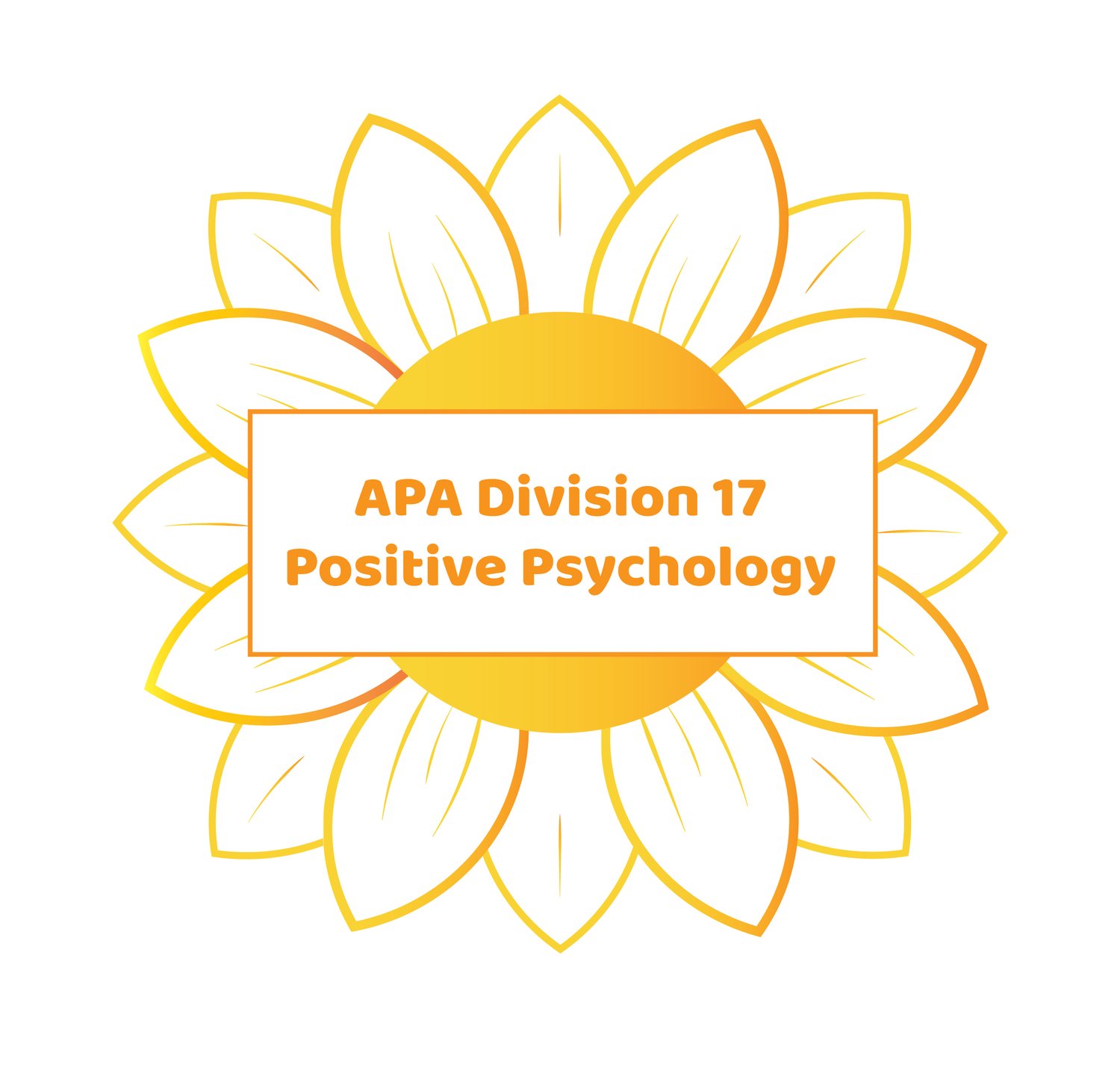Positive psychology is the scientific study of human strengths and virtues. It involves an attempt to move toward a more balanced perspective on human functioning that considers motives, capacities, and human potentials. Counseling Psychology historically and presently continues to be one of the few disciplines that highlights the values of fostering human capacities, satisfaction, and well-being. In some form Counseling Psychology has always been a vital part of promoting good health and preventing disease, including mental, physical, and social disorders for individuals and communities. It is in the context that this Section was formed. The aim of this group is to focus on how Counseling Psychology fosters and builds human strength and well-being and in pursuing this endeavor, furthers the development of positive psychological science and practice. This site includes information about positive psychology research, teaching, and practice as well as events, strengths-based books, and resources.
